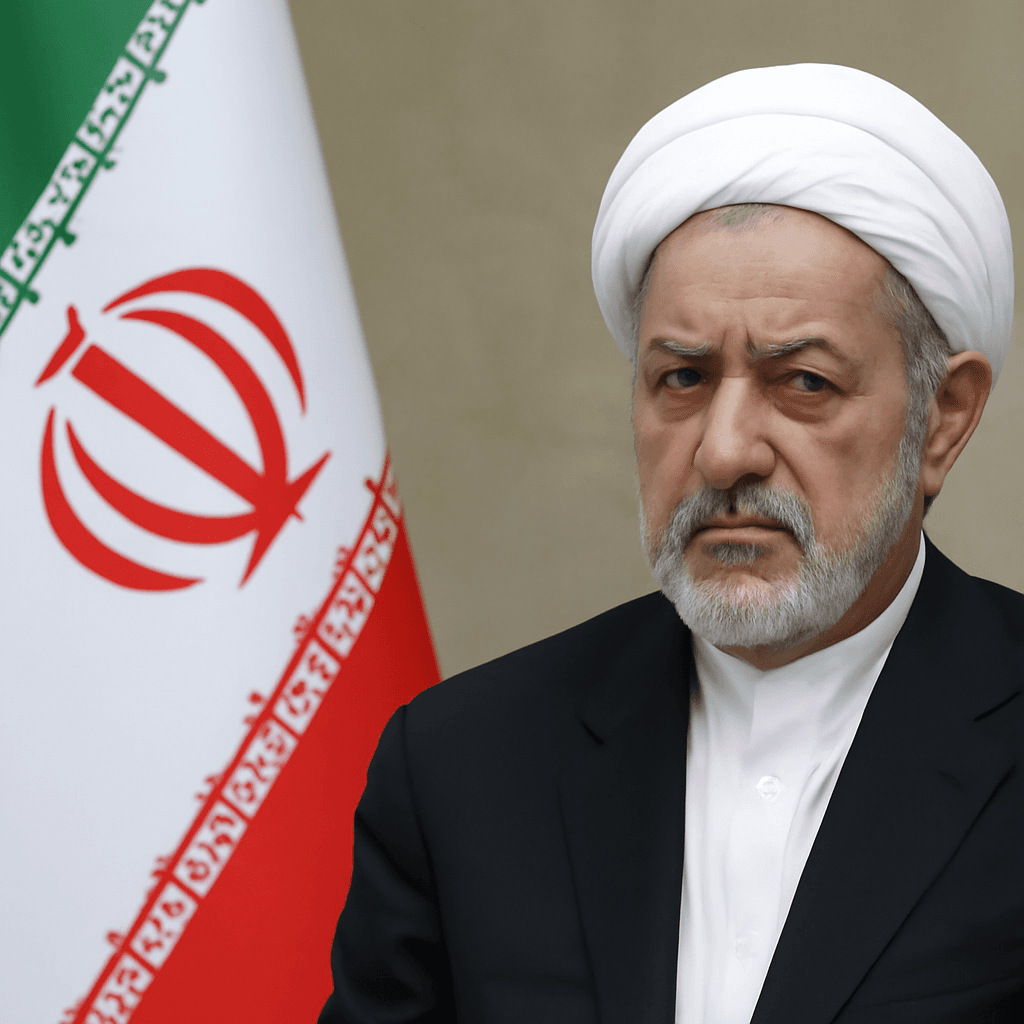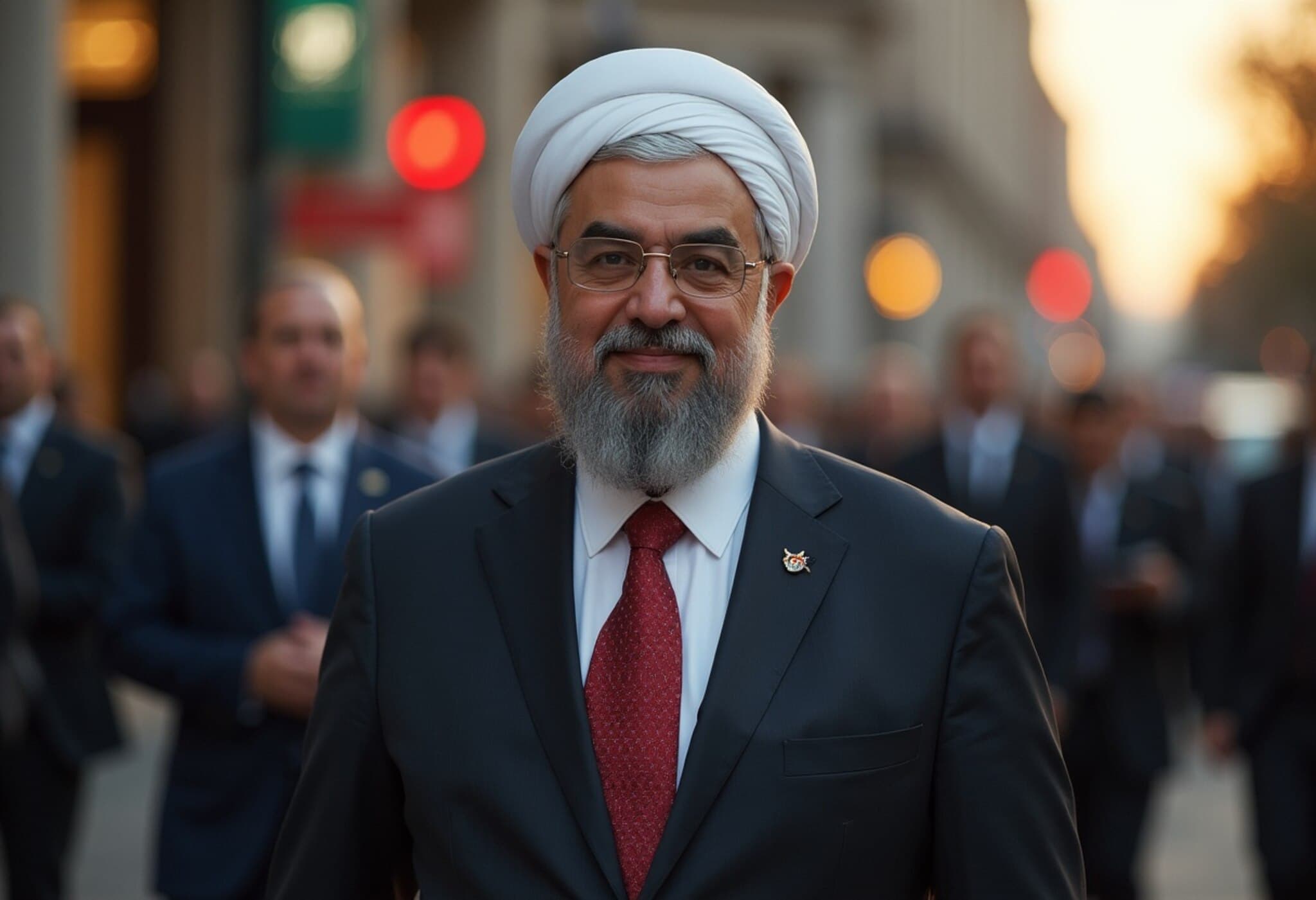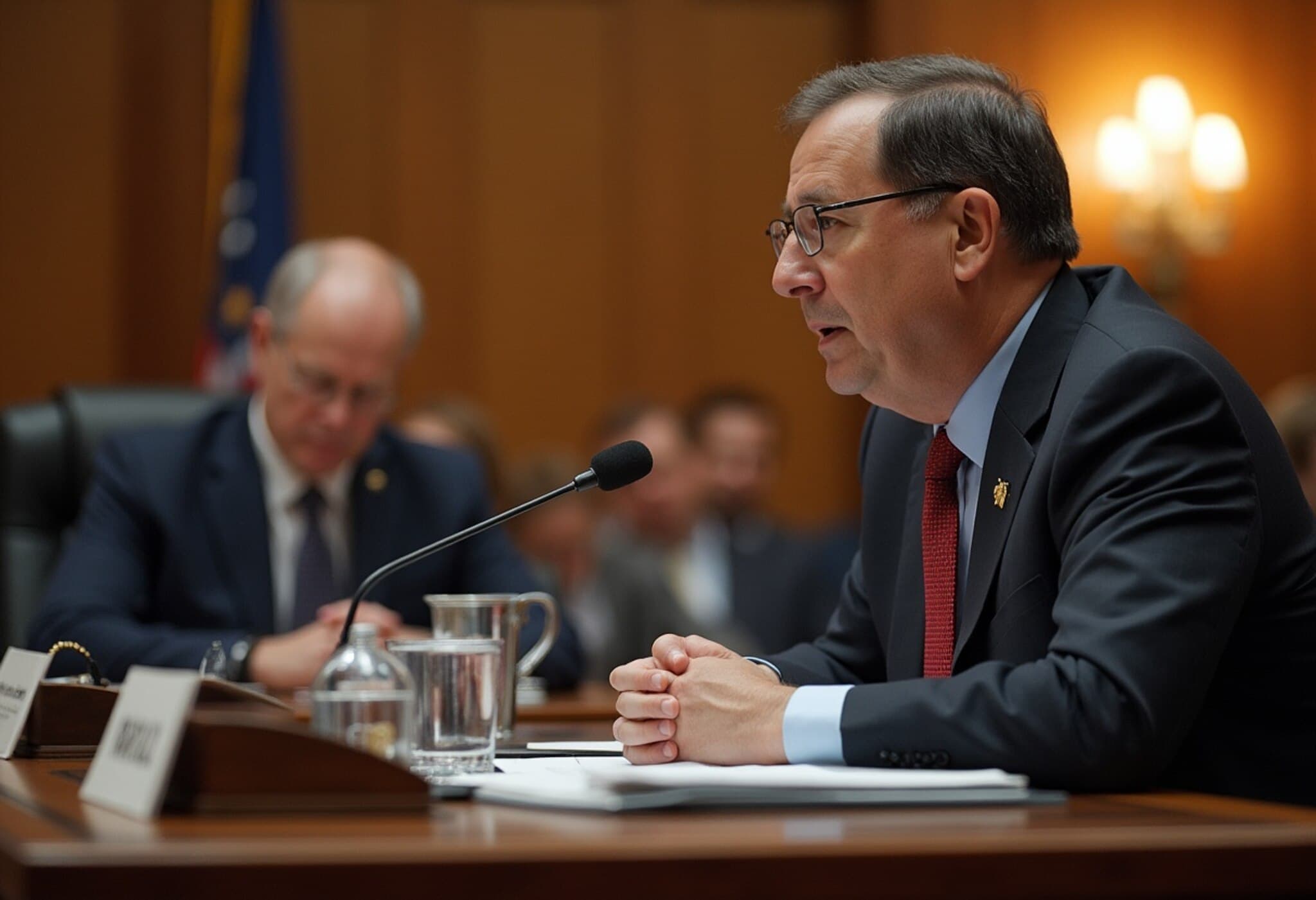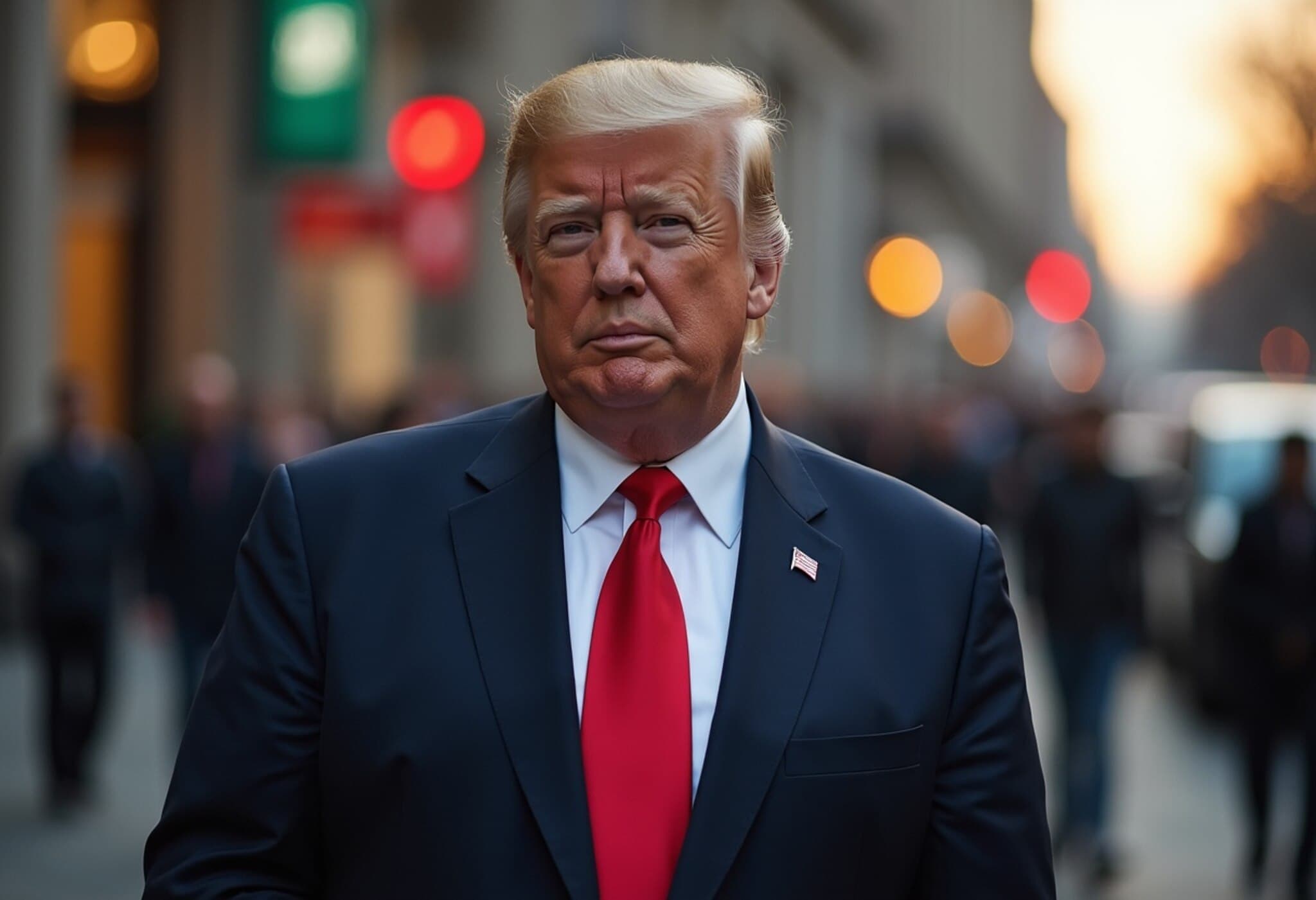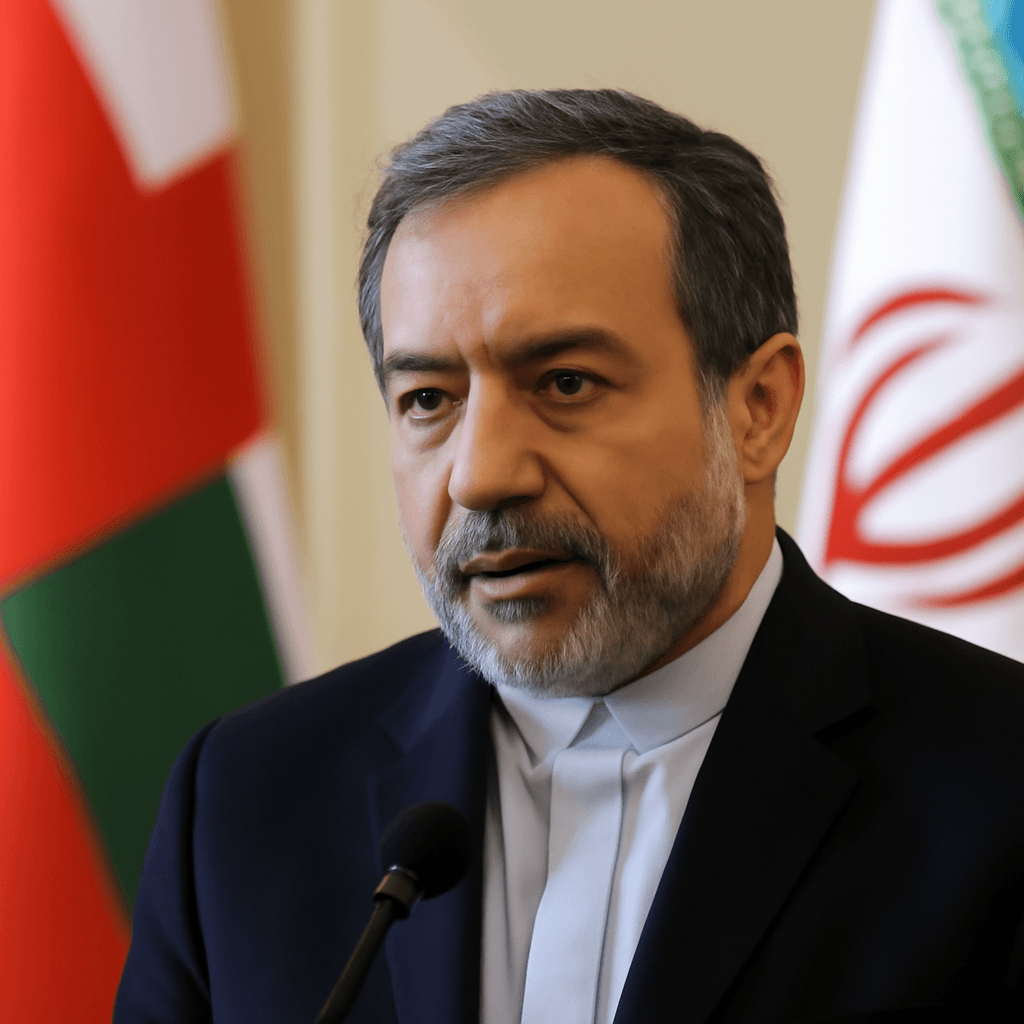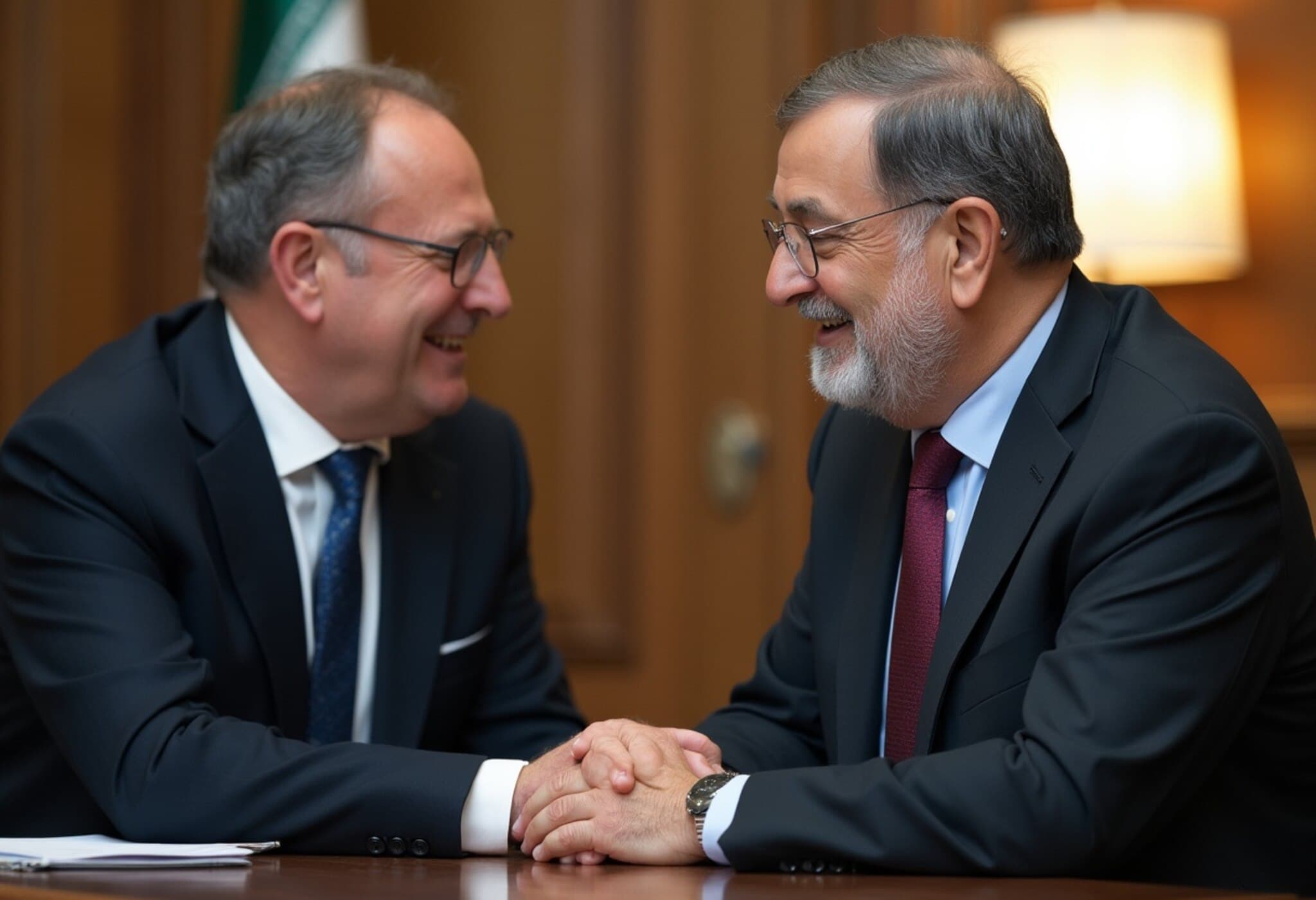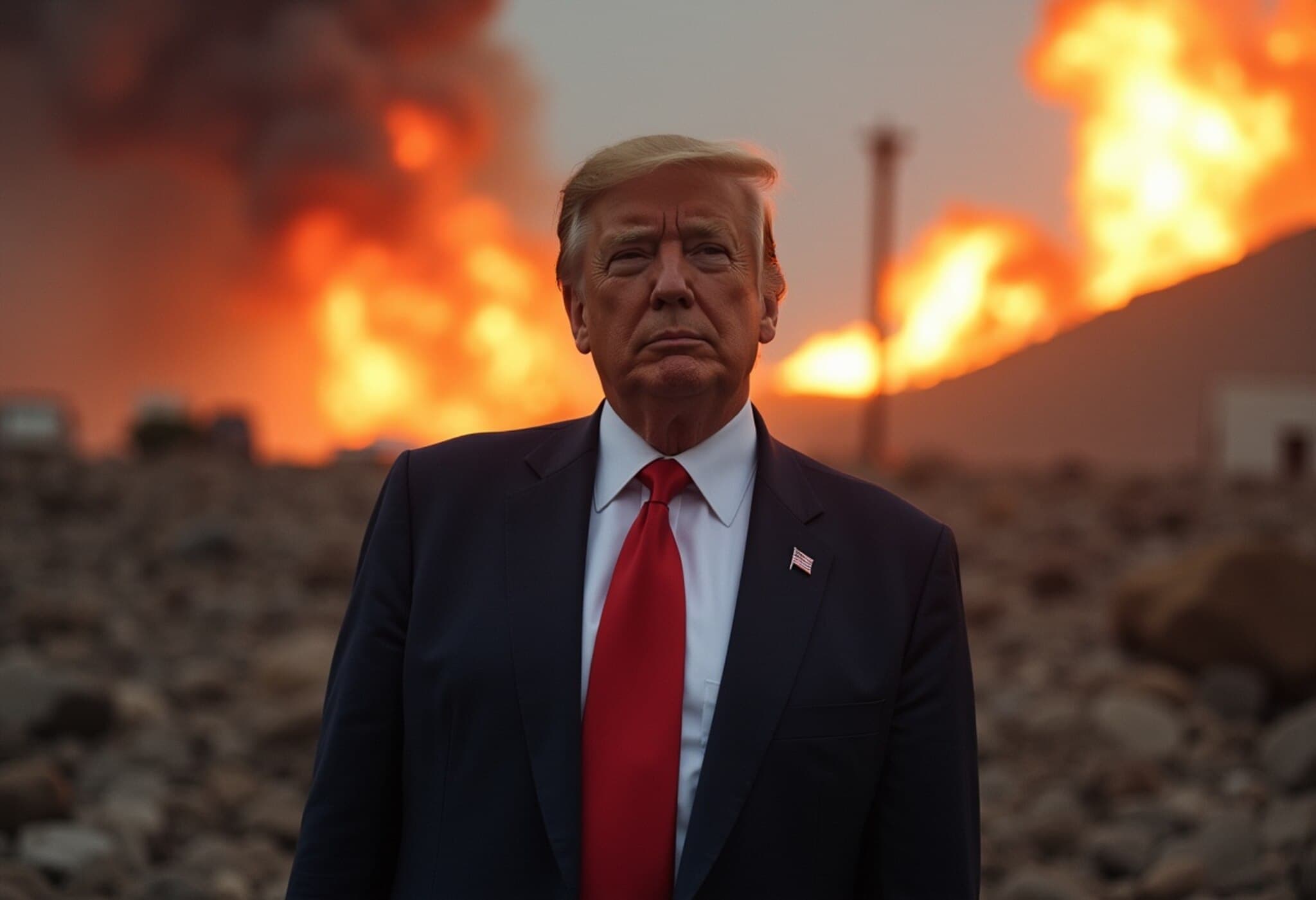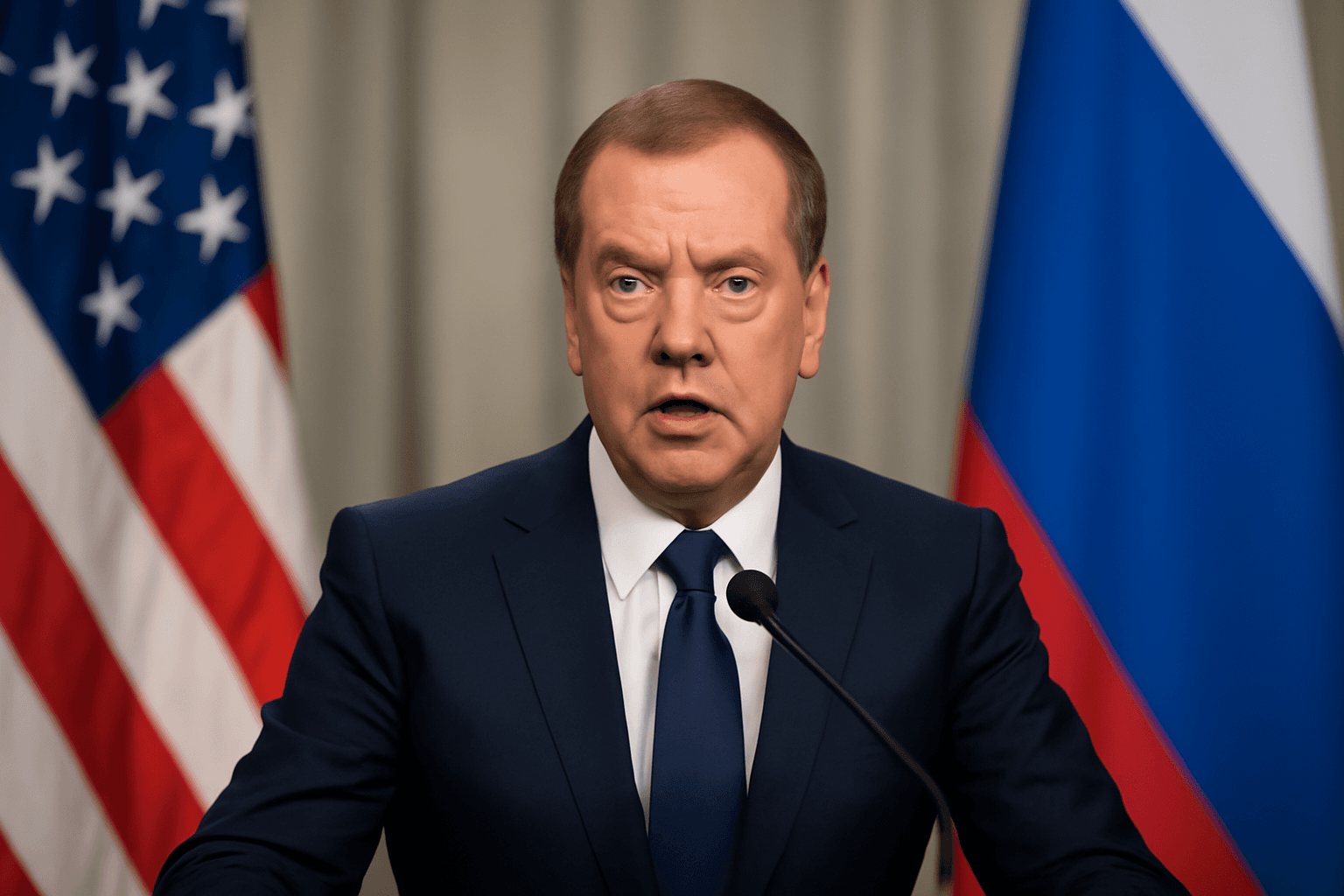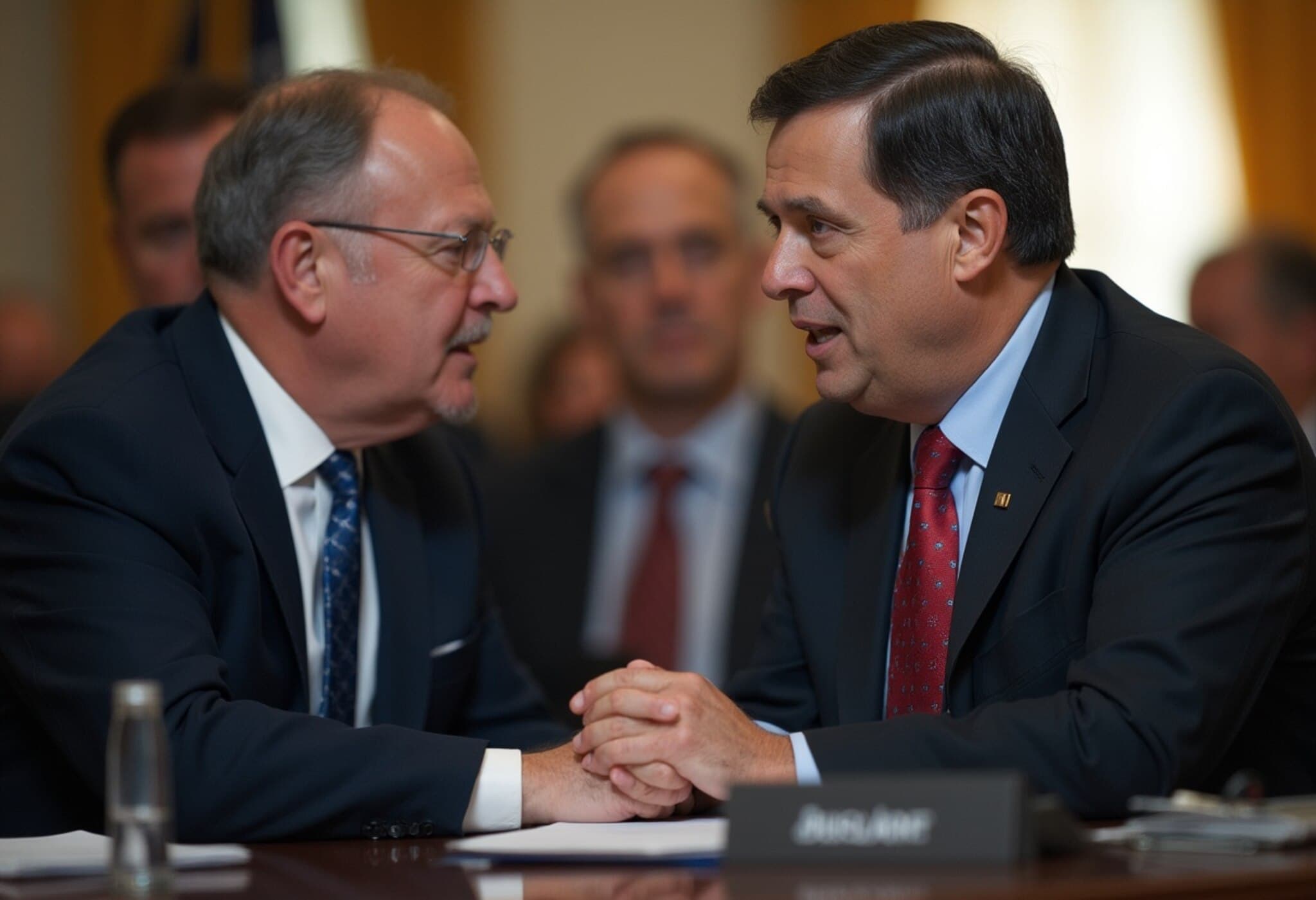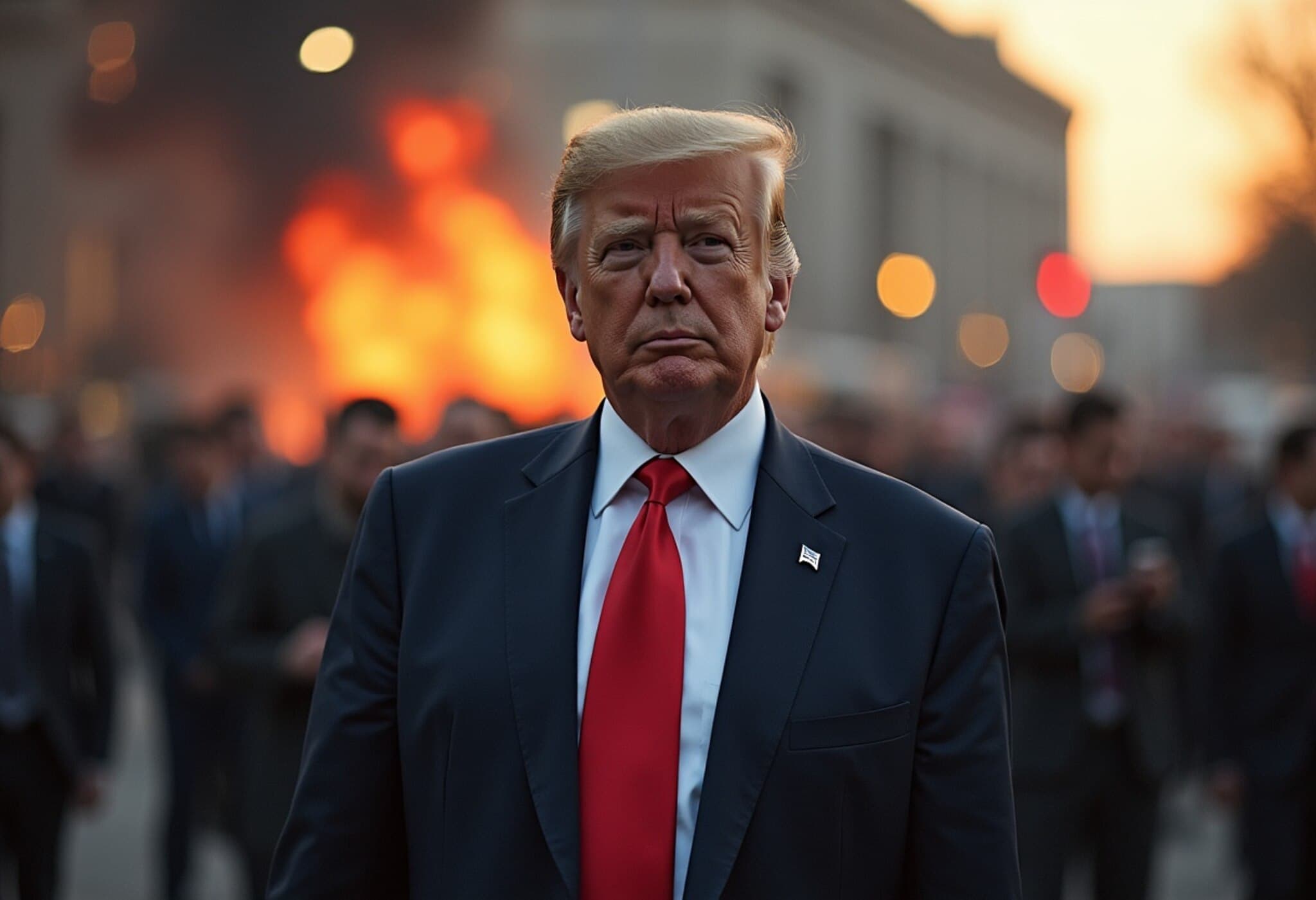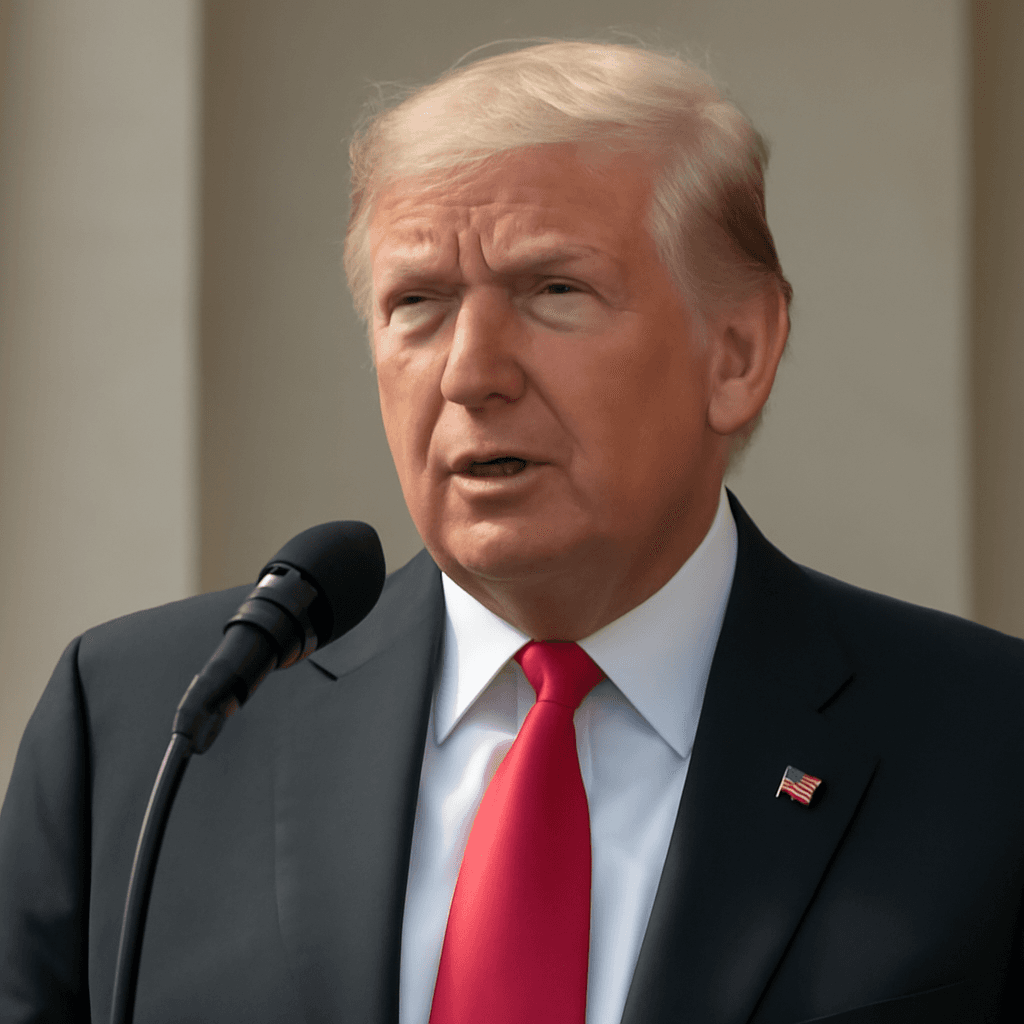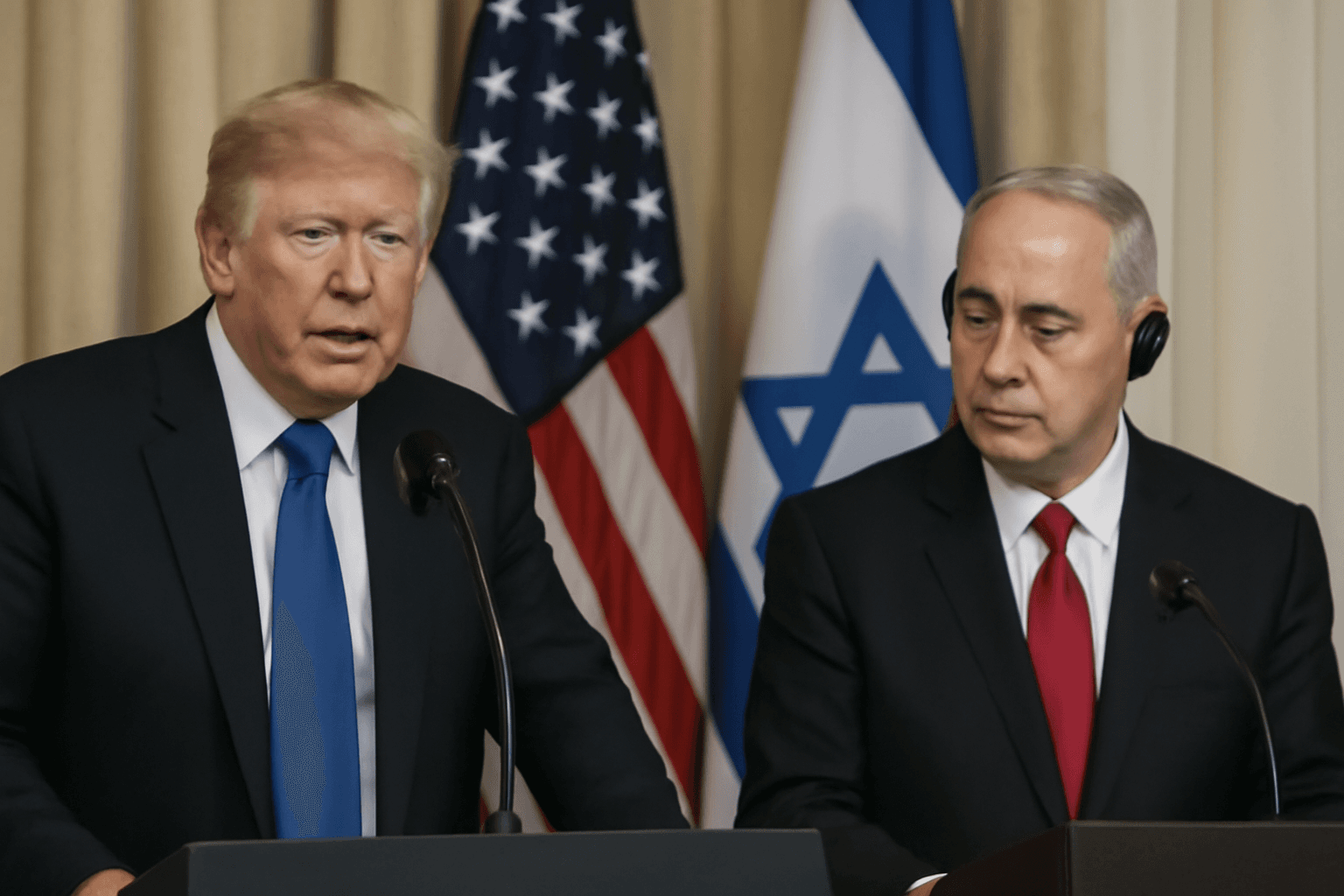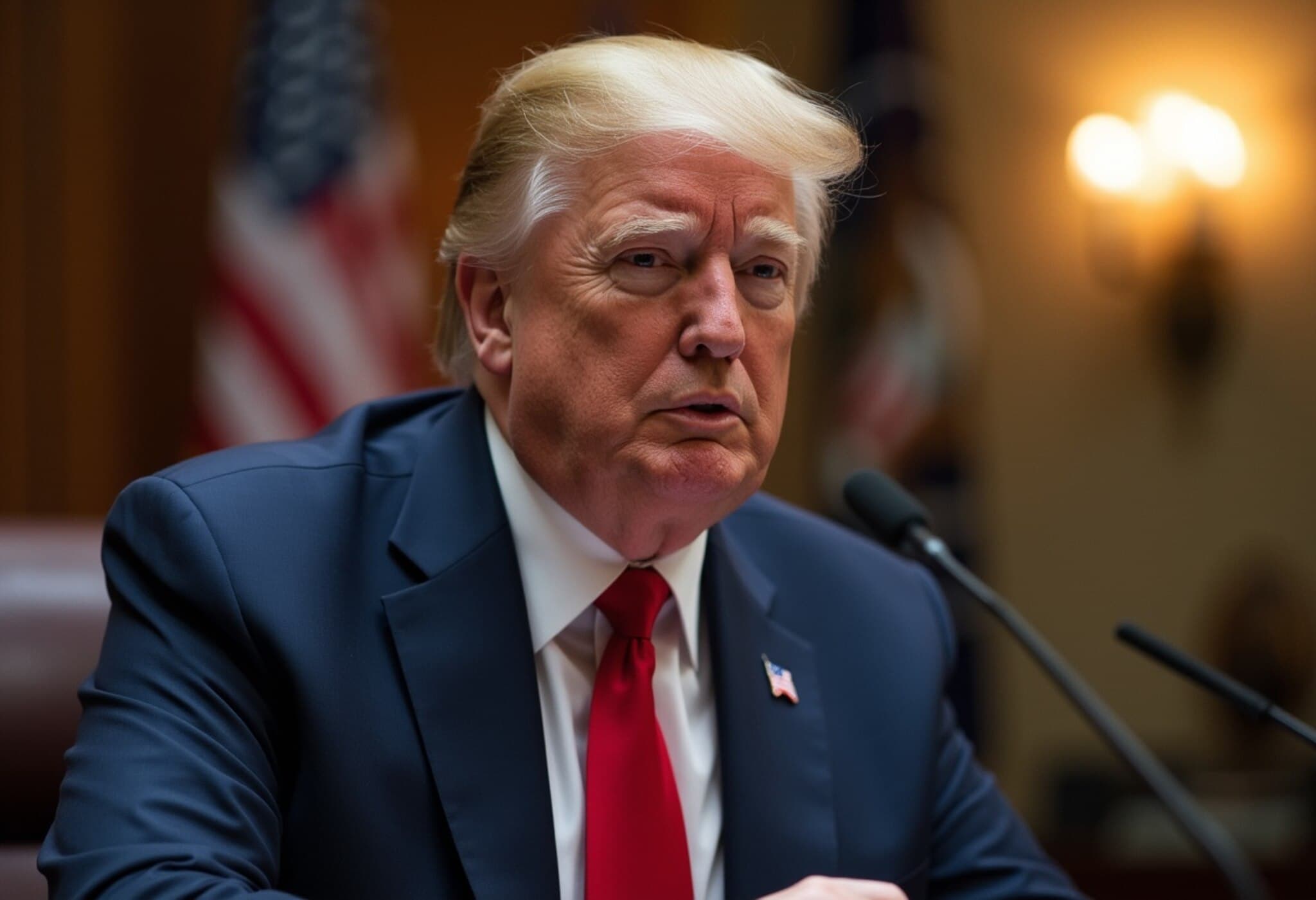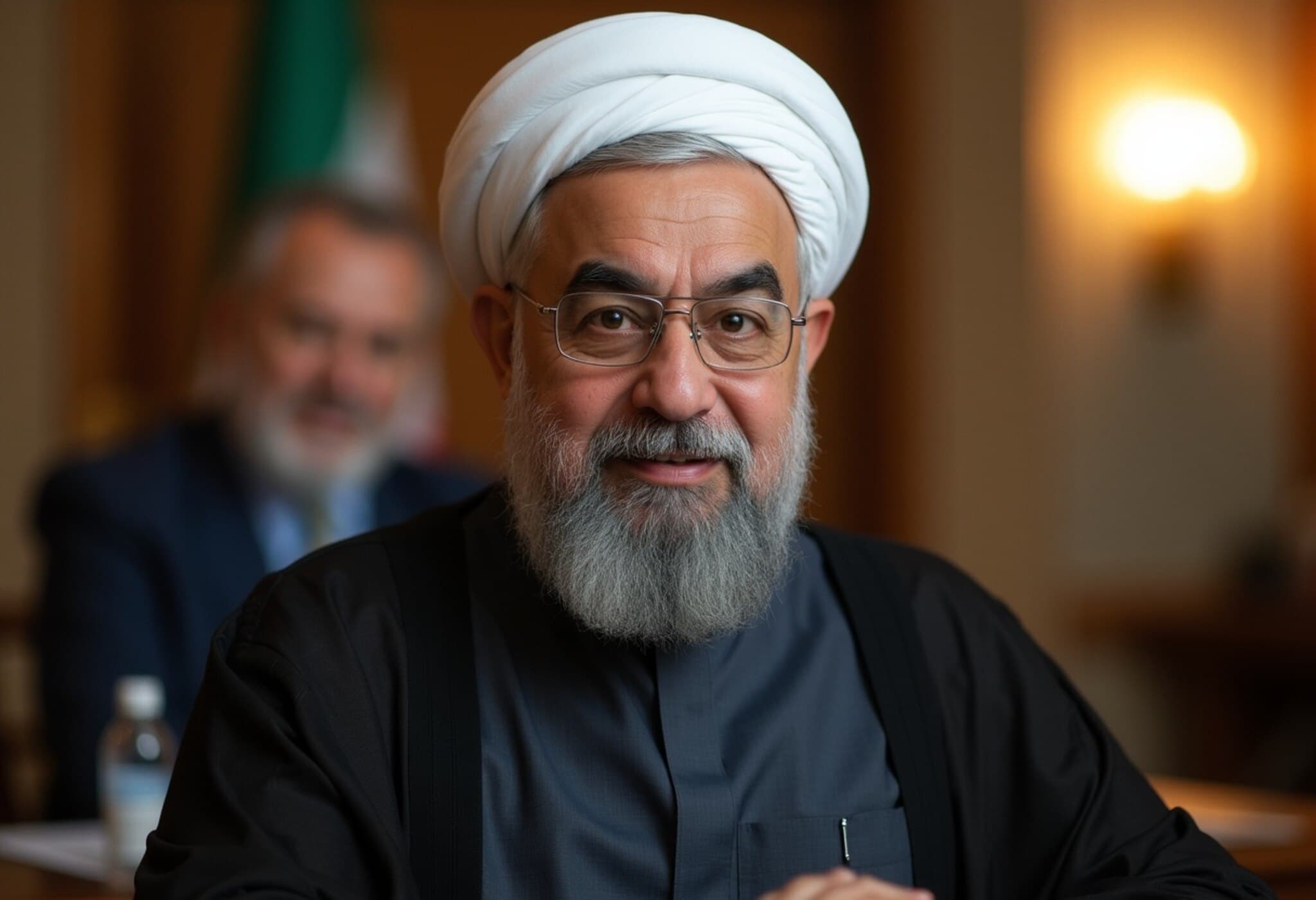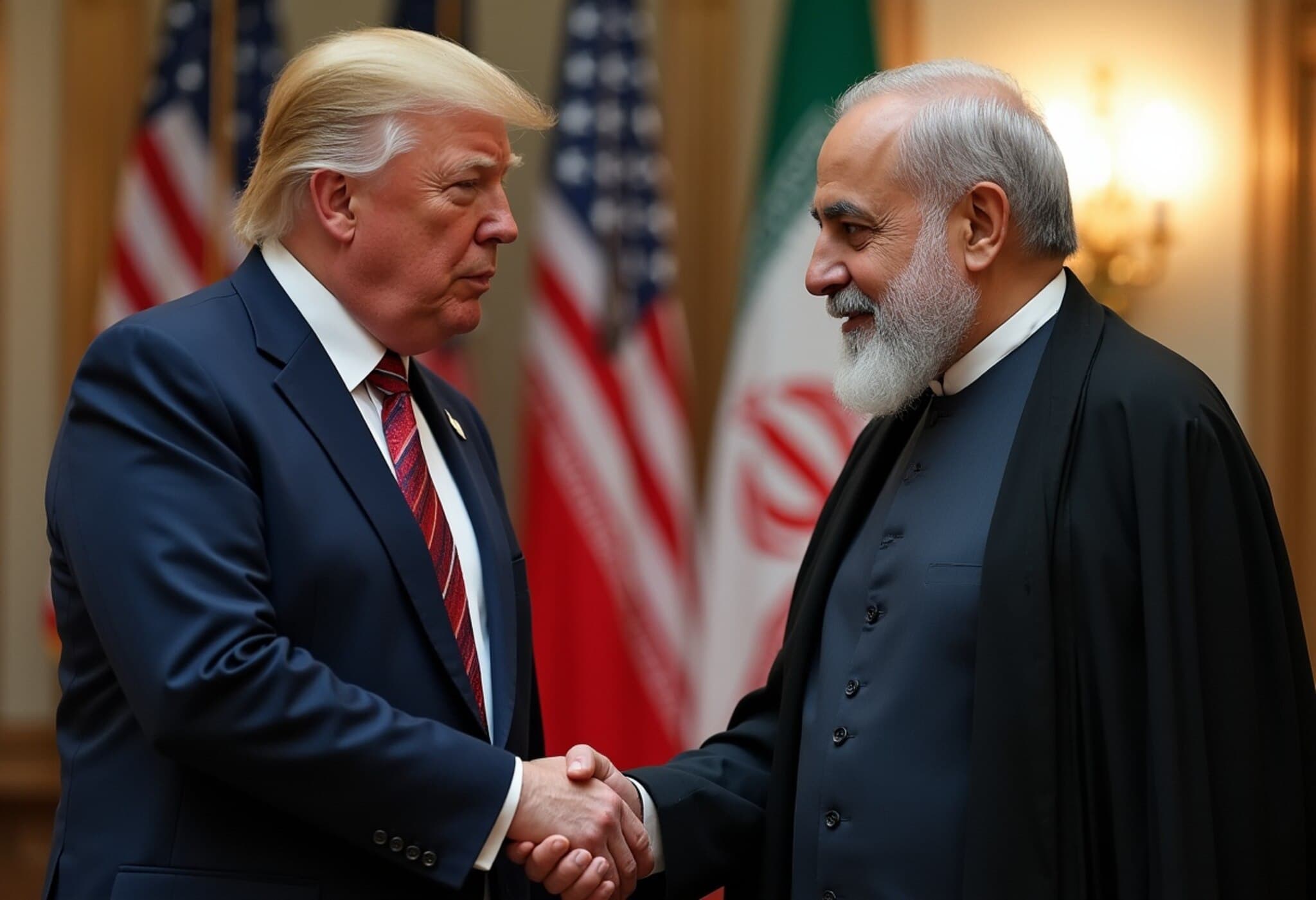Iran Signals Rejection of US Nuclear Proposal
An Iranian diplomat revealed on Monday that Iran is preparing to reject a recent US proposal aimed at resolving the longstanding nuclear dispute between the two nations. The diplomat described the US offer as a "non-starter" that fails to accommodate Tehran’s core interests, particularly regarding uranium enrichment and sanctions relief.
Background of the Nuclear Talks
The US proposal was delivered to Iranian officials during a short visit to Tehran by Oman’s Foreign Minister Sayyid Badr Albusaidi, who has been mediating nuclear negotiations between Washington and Tehran. This follows five rounds of discussions between Iranian Foreign Minister Abbas Araqchi and the US envoy for Middle East affairs, Steve Witkoff.
Despite diplomatic efforts, several fundamental differences remain unresolved, with key disputes focused on Iran's uranium enrichment program and the removal of US sanctions.
Key Issues at Stake
- Uranium Enrichment: The US demands that Iran commit to permanently ending its uranium enrichment activities, which Tehran considers critical to its peaceful nuclear ambitions and sovereignty.
- Sanctions Relief: Iran insists on the immediate lifting of all US sanctions crippling its oil-dependent economy, while the US favors a phased approach to sanctions removal, conditioned on compliance.
Iranian authorities firmly reject US demands to abandon uranium enrichment, emphasizing their right to develop nuclear technology for civilian purposes. Tehran has consistently denied allegations of seeking nuclear weapons.
Diplomatic Stalemate and Perspectives
The Iranian diplomat, speaking anonymously due to the sensitivity of the negotiations, stated that the US offer maintains its hardline stance on uranium enrichment and provides no clear assurances on sanctions rollback. The nuclear negotiating committee, operating under Supreme Leader Ayatollah Ali Khamenei’s supervision, regards the proposal as heavily skewed in favor of the US and detrimental to Iran’s interests.
Consequently, Iran views the proposal as an attempt to impose an unfavorable agreement through excessive demands, effectively considering it unacceptable.
Context of Sanctions and Pressures
- Following the US withdrawal from the 2015 nuclear deal in 2018, multiple Iranian institutions, including the central bank and the national oil company, have been subjected to sanctions related to alleged terrorism financing and weapons proliferation support.
- The Trump administration escalated a "maximum pressure" campaign upon returning to office in January 2025, increasing sanctions and threatening military action if negotiations fail.
Potential for Future Negotiations
Despite the current impasse, some Iranian officials indicated that Tehran might consider pausing uranium enrichment if the US agrees to unfreeze Iranian assets and formally recognizes Iran’s right to civilian nuclear refinement in a political framework. Such a conciliatory approach could pave the way for a broader, more comprehensive nuclear agreement.
Conclusion
The nuclear talks between the US and Iran remain fraught with complex challenges, centered mainly on uranium enrichment policies and sanctions relief. With Iran poised to dismiss the latest US proposal as inadequate and biased, the path to a renewed nuclear accord appears uncertain.

